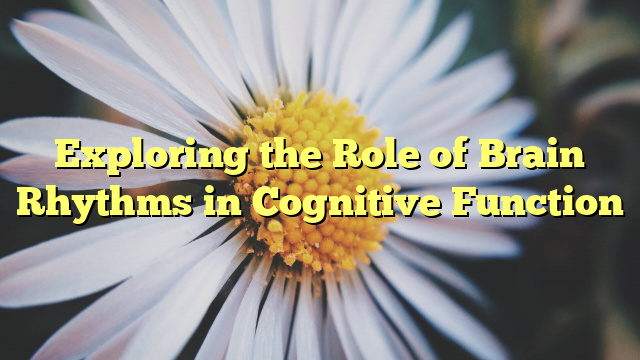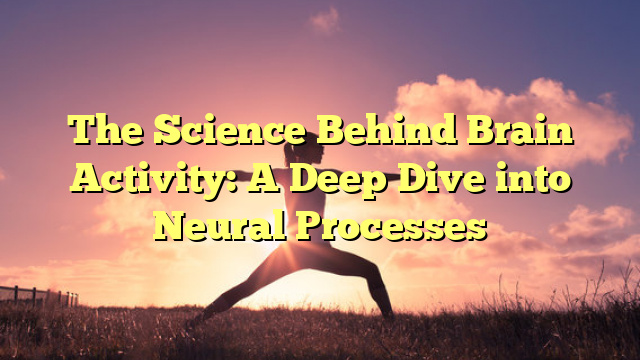Memory is a fascinating aspect of human cognition that has intrigued scientists and researchers for centuries. How do we remember certain events, facts, or people while forgetting others? What happens in the brain when we recall a memory? These questions have spurred numerous studies and experiments in an attempt to uncover the mysteries of memory.
The Science of Memory
Memory is a complex process that involves multiple regions of the brain working together to encode, store, and retrieve information. It can be broadly divided into short-term and long-term memory, each serving different functions in our daily lives.
Short-term memory, also known as working memory, is responsible for holding information temporarily in our minds for immediate use. This type of memory has limited capacity and duration, typically lasting only a few seconds to minutes. Long-term memory, on the other hand, stores information for an extended period of time, potentially for a lifetime.
Encoding is the process by which information is initially processed and stored in the brain. This involves converting sensory stimuli into a form that can be recognized and stored by the brain. Storage refers to the maintenance of encoded information over time, while retrieval is the process of accessing stored information when needed.
Neurobiology of Memory
The neurobiology of memory involves the complex interactions of neurons, neurotransmitters, and neural circuits in the brain. The hippocampus, a region located in the medial temporal lobe, plays a crucial role in the formation of new memories. Damage to the hippocampus can result in profound memory impairments, as seen in patients with amnesia.
Memory formation is a multi-step process that involves the consolidation of information from short-term to long-term memory. This process is thought to involve changes in synaptic strength, gene expression, and structural reorganization of neural circuits. Neurotransmitters such as dopamine, serotonin, and acetylcholine play important roles in modulating memory formation and retrieval.
Factors Affecting Memory
Memory is a dynamic process that can be influenced by a variety of factors, including emotions, stress, and attention. Emotional events are often better remembered than neutral events, a phenomenon known as emotional memory enhancement. Stress can both enhance and impair memory, depending on the intensity and duration of the stressor.
Attention is crucial for memory encoding and retrieval, as selective attention allows us to focus on relevant information while filtering out distractions. Divided attention, on the other hand, can impair memory performance by spreading cognitive resources too thin.
Conclusion
Understanding how memory works is essential for unlocking the secrets of the brain and improving cognitive function in both health and disease. By unraveling the mechanisms of memory formation and retrieval, researchers can develop novel therapies for memory disorders such as Alzheimer's disease and amnesia. Continued research in this field holds the promise of enhancing human memory and cognition in the future.
FAQs
Q: Can memory be improved through training or exercises?
A: Yes, research has shown that memory can be improved through various cognitive training exercises, such as mnemonic techniques, spaced repetition, and memory games. Regular mental stimulation and physical exercise can also help maintain and enhance memory function.
Q: What role do sleep and nutrition play in memory formation?
A: Sleep is essential for memory consolidation, as the brain processes and stores information during various stages of sleep. Adequate nutrition, including foods rich in antioxidants and omega-3 fatty acids, can also support brain health and memory function.
Q: How does aging affect memory function?
A: Aging is associated with changes in memory function, including declines in working memory, processing speed, and episodic memory. These age-related changes are normal and can be mitigated through healthy lifestyle choices and cognitive interventions.
Unlock Your Mental Potential



